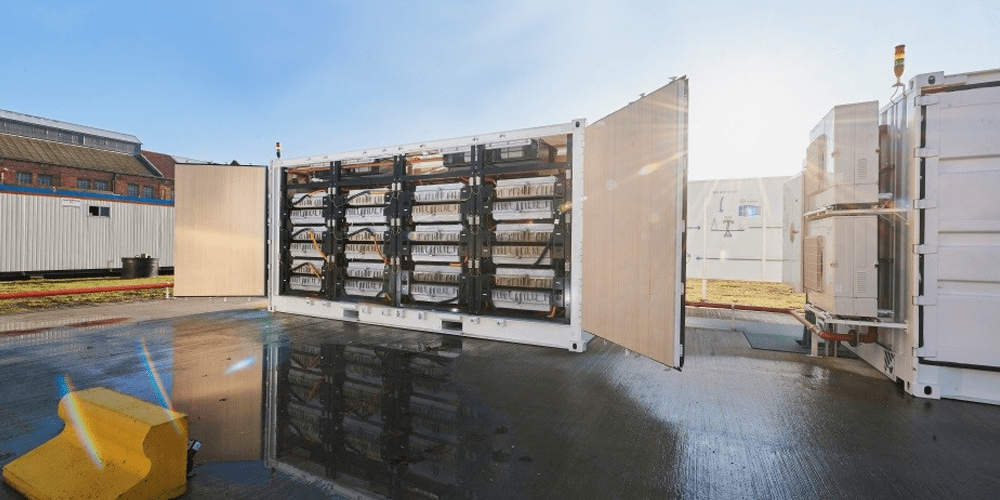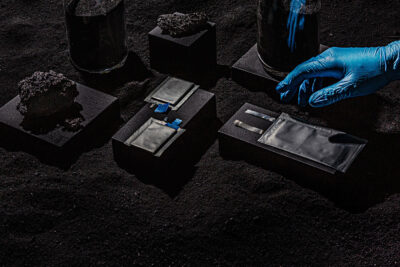Project RECOVAS to commercialise battery reuse in UK
A British consortium looks to establish a circular end-of-life supply chain ending in the UK’s first recycling facility for automotive battery packs on a commercial scale. Granted support through the Advanced Propulsion Centre (APC), project RECOVAS collects most of Britain’s remaining automotive players and specialists.
EMR Metals Recycling is leading a project that seeks to create a new circular end-of-life supply chain for EV batteries. Along with EMR, RECOVAS comprises Bentley Motors, BMW, Jaguar Land Rover, the University of Warwick, the Health and Safety Executive, the UK Battery Industrialisation Centre, Autocraft Solutions Group, Connected Energy — which repurposes electric car batteries — and uRecycle.
The latter is planning the said battery recycling plant at commercial scale with the project’s finding being an integral part. The RECOVAS project will start in January and will run for three years, by which time the organisations involved expect the circular supply chain to be operating commercially.
Recycling is only the end of battery life. The project also considers remanufacturing, that is repairing and re-engineering existing batteries for use in new cars. Reuse then involves giving batteries a second life in stationary energy storage applications. The new supply chain is supposed to help all partners to triage batteries when they arrive at approved end-of-life vehicle treatment facilities across the U.K. for either remanufacturing, reuse or, where this is not possible, recycling, EMR says.
Roger Morton, Managing Director for Technology and Innovation at EMR, added that electric vehicle manufacturers would “develop simple design changes that greatly improve the potential to remanufacture, reuse or recycle their batteries at end of life.”
This also requires automotive manufacturers to share more information about the design and construction of their batteries, something EMR says the partners have agreed to, thus allowing the consortium to more effectively and efficiently repurpose or recycle them.
With the plug-in market growing, so does the need for battery recovery. EMR expects that manufacturers will retain the responsibility to recycle used car batteries also after Brexit. It is currently a condition of EU law. More than 164,000 electric vehicles already are on Britain’s roads, with that number forecasted to rise to 373,600 when plug-in hybrids are included, according to the partners.
The British Government is supporting RECOVAS as part of a £49m investment in technologies that will help the automotive industry to become less climate-destructive. The UK recently confirmed moving the ban of sales of vehicles with combustion engines forward to 2030.





0 Comments